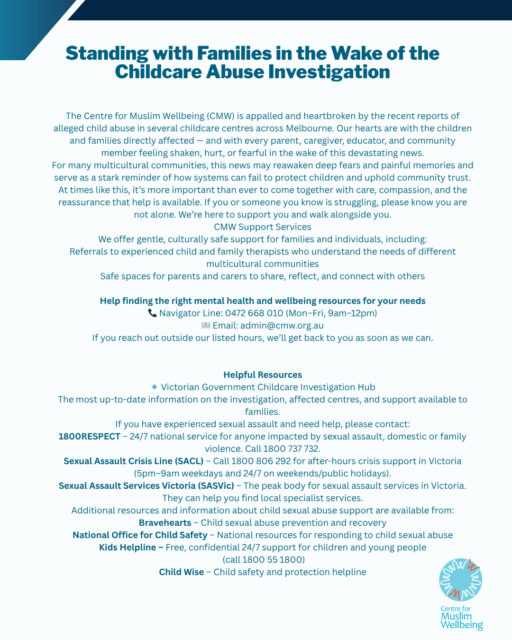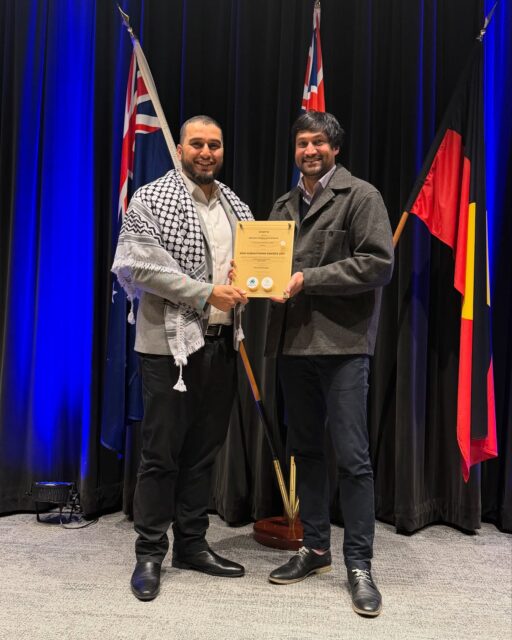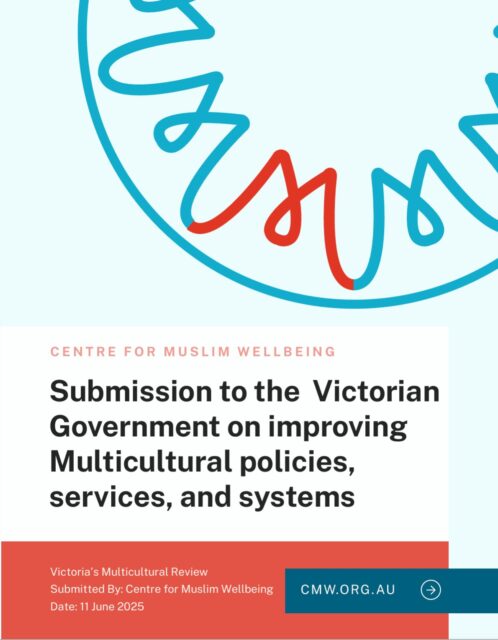People with ADHD may struggle with attention, organisation, impulsivity, and hyperactivity. This can make it difficult to concentrate during salah, retain information during Quranic recitation, and manage time during Ramadan. These challenges can extend to other areas of life, impacting education, employment, and personal relationships. However, it’s important to remember that having ADHD is not a reflection of one’s iman or character. It is simply a part of who we are, and with proper support and management, we can thrive. Here are some key points to consider and strategies to help navigate life with ADHD within the Muslim community.
Understanding ADHD in the Context of Faith
ADHD is a neurodevelopmental disorder that affects many individuals regardless of their background or faith. It is characterised by symptoms such as difficulty maintaining attention, excessive activity, and impulsive behaviour. These symptoms can interfere with daily tasks and activities, including religious practices. For Muslims with ADHD, this might mean finding it hard to focus during the stillness of salah, struggling to memorise or understand Quranic verses, or feeling overwhelmed by the demands of Ramadan. Yet, it’s crucial to acknowledge that these struggles do not indicate one’s devotion or sincerity in faith.
Embracing ADHD with Compassion and Support
To my fellow Muslims ADHDers, know that you are not alone. It’s essential to seek resources and support, whether from healthcare professionals, support groups, or online communities. Here are a few strategies that might help:
1. Create a Structured Routine: Establishing a consistent schedule can help manage time more effectively. This is especially useful during Ramadan, where balancing fasting, prayers, and other activities can be challenging.
2. Break Tasks into Manageable Parts: Large tasks can be overwhelming, so breaking them down into smaller, more manageable steps can make them easier to handle. For example, memorising shorter verses of the Quran over time rather than longer passages all at once.
3. Use Tools and Reminders: Utilise planners, alarms, and apps designed to aid in organisation and time management. These tools can help remind you of prayer times, appointments, and other important tasks.
4. Practice Mindfulness and Focus Techniques: Engaging in mindfulness exercises can enhance concentration and reduce impulsivity. Techniques such as deep breathing and short, focused meditations can be integrated into daily routines.
5. Seek Professional Help: Consulting with a healthcare professional who understands ADHD can provide personalised strategies and treatments. Cognitive-behavioural therapy (CBT) and medication are common treatments that can significantly improve quality of life.
Fostering an Inclusive and Supportive Ummah
To those who may not understand ADHD, I encourage you to learn more and strive to create a more inclusive and understanding community. ADHD is often misunderstood, leading to misconceptions and stigma. By educating ourselves and others, we can foster a more compassionate environment.
1. Educate Yourself and Others: Learn about ADHD from reliable sources and share this knowledge within your community. Understanding the condition can lead to better support and empathy.
2. Be Patient and Supportive: Recognise that individuals with ADHD may face unique challenges and might require additional support and patience, particularly in religious and social settings.
3. Encourage Open Dialogue: Promote conversations about mental health and ADHD in community gatherings and religious discussions. Creating a safe space for people to share their experiences can reduce stigma and encourage those in need to seek help.
4. Offer Practical Assistance: Simple acts like offering reminders for prayer times or helping to create a quiet, distraction-free environment for those who struggle can make a significant difference.
A Message of Hope and Unity
Remember that Allah (SWT) has given us unique strengths and abilities, and with His help, we can overcome any challenge. Let us work together to support and uplift all members of our ummah, including those with ADHD. May Allah (SWT) grant us all the strength and guidance to navigate the challenges of this world, and may He reward our efforts to support and uplift one another. In conclusion, while ADHD presents specific challenges, it does not define our worth or our faith. By seeking support, employing effective strategies, and fostering an understanding community, we can thrive and fulfil our potential both as individuals and as a united ummah.
About the Author:
Shazzy is a UK trained and credentialed Mental Health Nurse and Counselling Psychotherapist with over 25 years’ experience working with a range of clients, including children, teens, parents, and young adults.
Shazzy is autistic and ADHD herself and has autistic and ADHD children and therefore understands the neurodivergent (ND) experience from both a personal and professional point of view from many angles. Shazzy works from a neurodivergent affirming perspective.
You can contact Shazzy at: Positivelyliving@protonmail.com or see her profile at: https://cmw.org.au/profile/shazzytharby/







